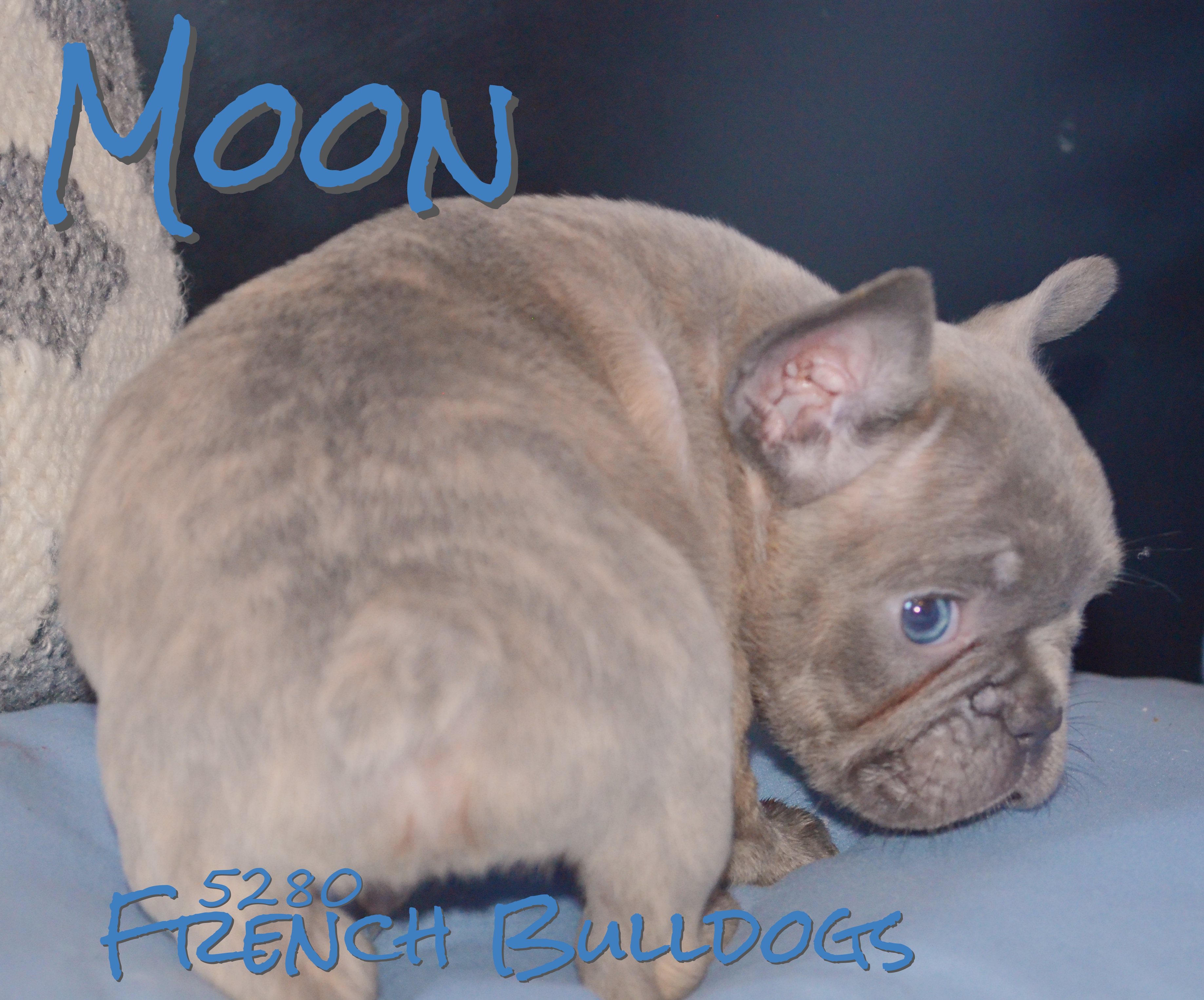A puppy mill broker or distributor is a pet dealer engaged in the business of reselling puppies who were bred elsewhere. Unlike retail pet stores, brokers are middleman dealers who obtain puppies from breeders, overseas, and puppy mills and then transport and resell them. Brokers typically sell puppies to pet stores, but sometimes to research facilities or other dealers, often travelling great distances to do so. In some cases, the term is also used loosely to describe people who resell litters from actual breeders directly to the public—for example, by posing as the original breeder and selling the puppies through websites or classified ads. What are the dangers of puppy brokers? The use of puppy mill brokers often makes it difficult—if not impossible—for the public to know who a puppy’s breeder was, as many pet stores only disclose broker information—if they provide any information at all. Adding to the confusion is the fact that some brokers use misleading names that imply they are breeders rather than resellers. You often have no health history, parentage, proof of valid vaccines or imperative information needed, if your puppy has received all this required and imperative protocol. Health concerns have also been raised about the puppy broker system, including a few of the following incidents: o A USDA-licensed broker in Iowa (Double G Kennels) was confirmed as the source of an outbreak of canine brucellosis in 20193 . Canine brucellosis is highly contagious and incurable. More than 260 dogs from the facility were sold at a dog auction, and multiple dogs tested positive for the disease. According to reports, over 40 buyers across 10 states purchased dogs from the auction, and additional buyers purchased dogs who later tested positive for brucellosis.4 o A USDA-licensed distributor in Indiana (Blue Ribbon Puppies) was linked to an outbreak of drugresistant disease by the Centers for Disease Control and Prevention in 2018. The disease, campylobacter, infected more than a hundred people, most of whom contracted it through Petland puppies, and many of whom were hospitalized, according the CDC’s investigation. Despite the connection, many pet stores—including several Petland locations—continue to purchase puppies from Blue Ribbon Puppies. o In a September 2018 report on the campylobacter outbreak linked to pet store puppies, the CDC stated that it was difficult to contain the disease because “puppy comingling” by brokers and stores resulted in “a potential for continued transmission of multi-drug-resistant campylobacter nationwide.”5 o The CDC reported another outbreak of drug-resistant campylobacter in December 2019. This outbreak also appears to be closely associated with pet store puppies, most of which come from brokers. o In December 2019, authorities in Nassau County, New York, seized nine puppies from a transporter who was delivering puppies to a pet store from Missouri. The puppies were believed to be infected with campylobacter. The HSUS recommends that consumers avoid purchasing dogs from puppy brokers or from pet stores due to the many health, safety and humane concerns listed above. The HSUS recommends adopting a dog from purchasing from a responsible breeder who will show the buyer where the puppy was born and raised. So when you say to me Adopt... Don't shop....this is what you get.... Remember you get what you pay for....
Skip to content
